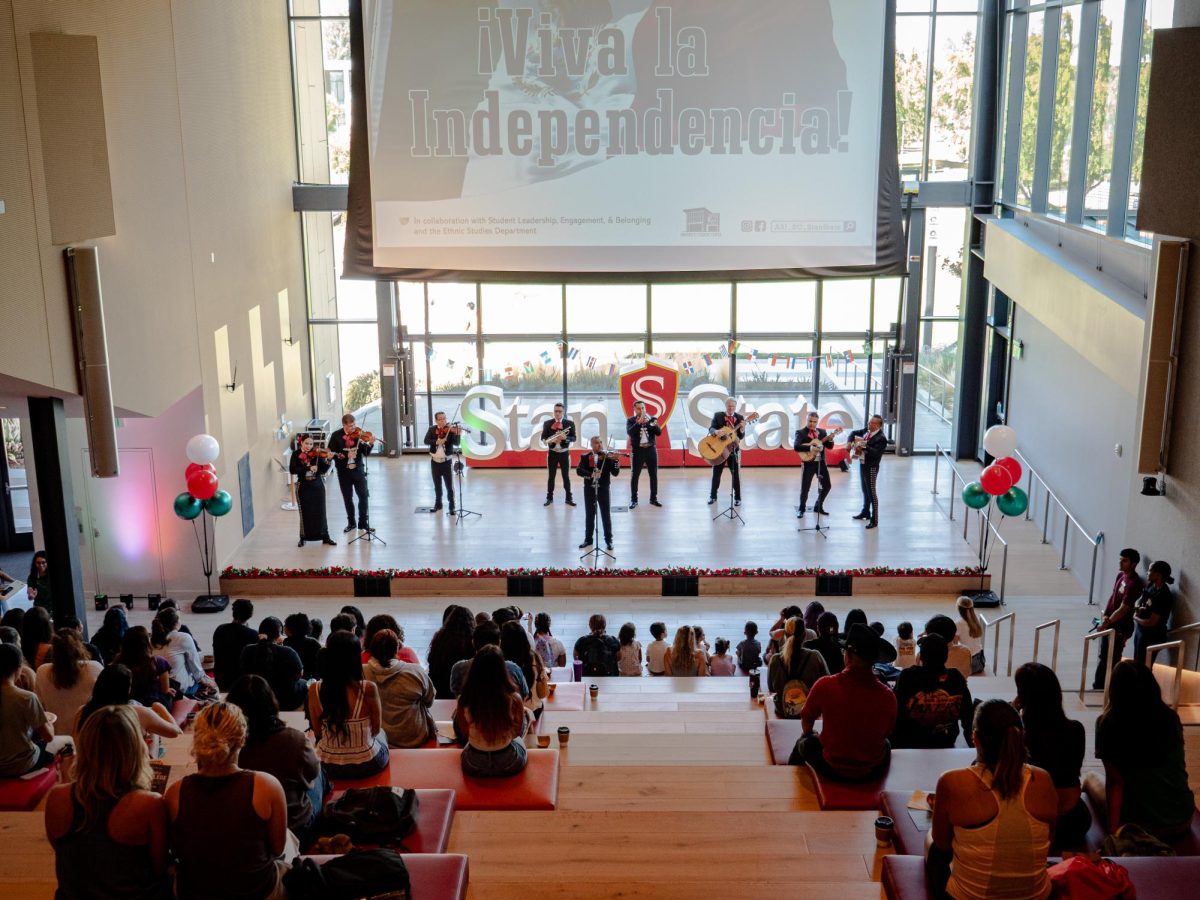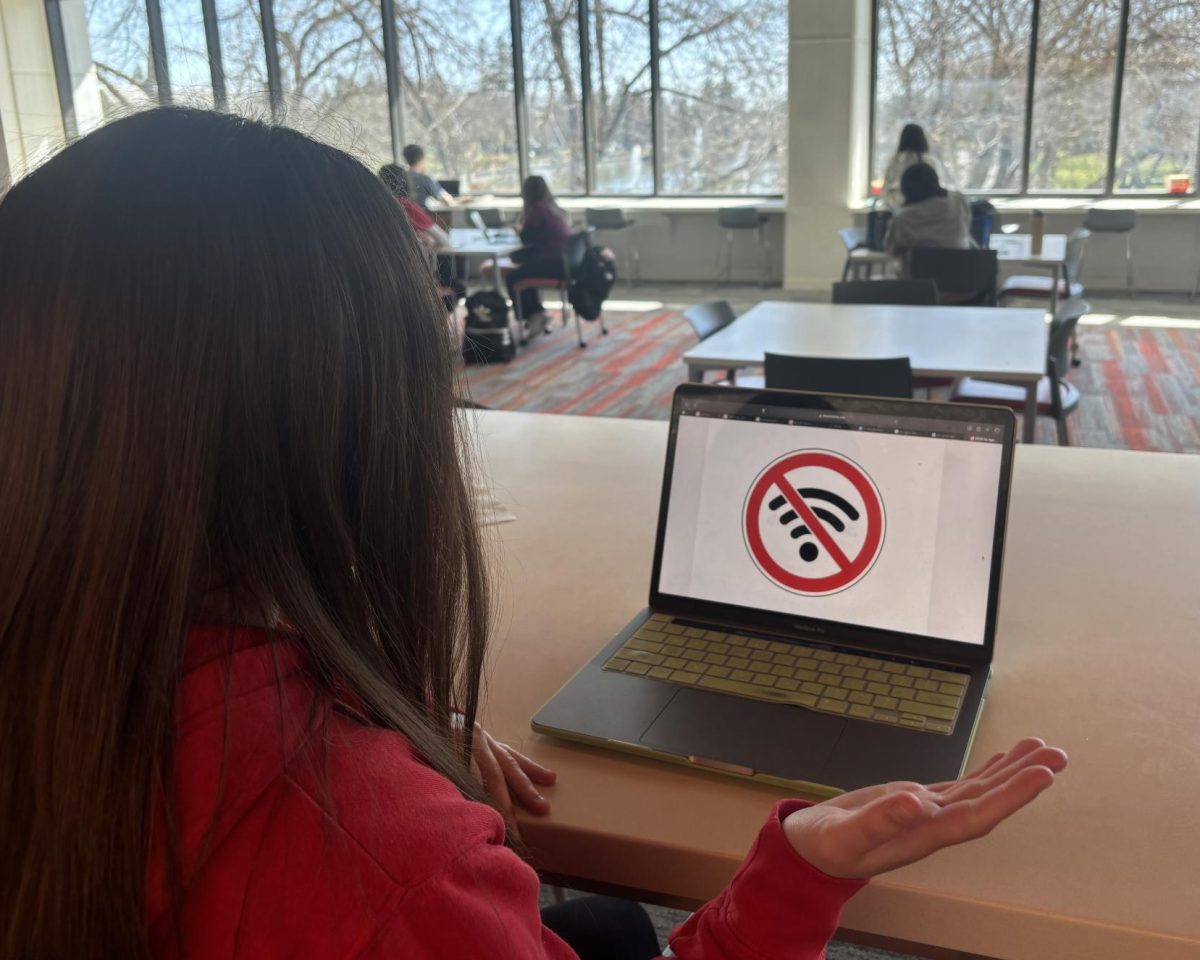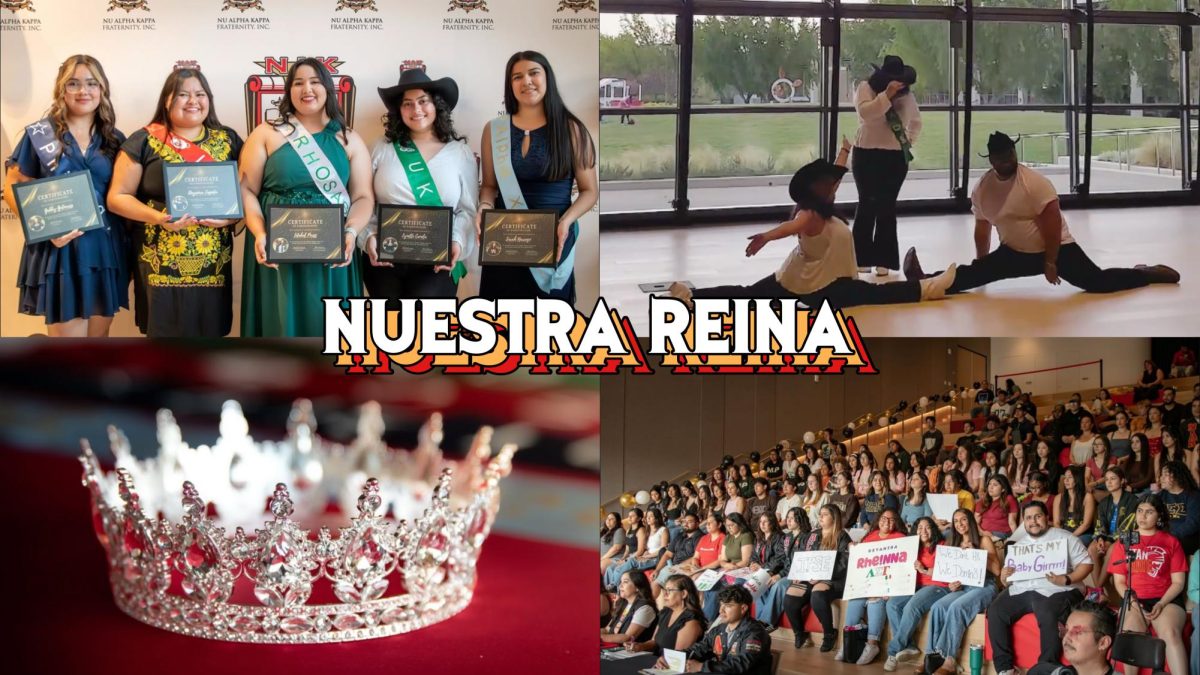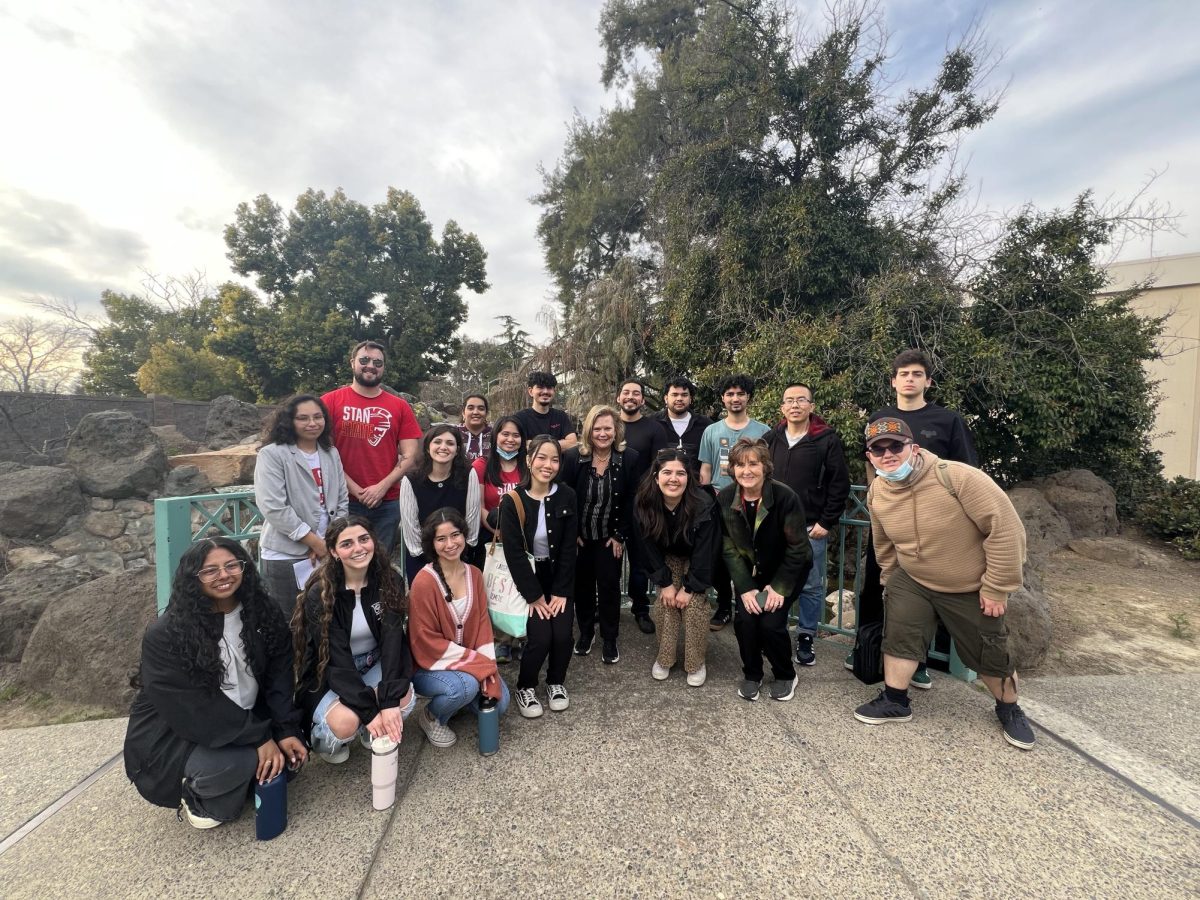A new Assyrian history class is being offered for the Spring semester of 2018. It is only one of Stan State’s many plans to support the Assyrian community within the university and throughout the Stanislaus County region.
The class is listed in the university’s class schedule under HIST 4950 as “Selected Topics in History,” but its true title is “Modern Assyrian History: A People’s History in Diaspora.”
The class is on Mondays from 4:30 p.m. to 7:10 p.m. and is taught by a new Stan State faculty member, Dr. Stacy Fahrenthold.
“Students will build a digital exhibit devoted to modern Assyrian history based on original sources. No previous experience with Assyrian studies is required,” reads a flyer for the new course.
Since President Junn’s induction as the new president of Stan State, the university has been more open to supporting Assyrian-related studies and events. This support is culminating into a project to turn Stan State into a hub for Assyrian research.
During President Junn’s inauguration on March 30, a group of Assyrians from the Central California Assyrian Student and Youth Association (CCASYA) danced traditional Assyrian dances while wearing traditional attire outside of the Faculty Development Center as President Junn and a trail of professors paraded by.
On April 27, a peace pole was erected in the quad that had 16 panels engraved with the words “May Peace Prevail on Earth” in different languages, one of which is in Assyrian.
An Assyrian Genocide Remembrance event was held in the Main Theater on Aug. 7, accompanied by a gallery featuring four Assyrian artists that remained in the University Art Gallery from Aug. 7-18.
Also, an Assyrian lecturer from San Jose State University, Prof. Wilfred Bet-Alkhas, led an Assyrian and Aramaic language event titled “A Brief History of the Modern Assyrian Scripts” at Stan State on Nov. 3.
Dr. Fahrenthold is Stan State’s new director of the Francis Sarguis Modern Assyrian Heritage Collection, a key component of the new Modern Assyrian Heritage Project. She was introduced at the Assyrian Genocide Remembrance event and helped plan the recent Assyrian language event through the Francis Sarguis project.
The Modern Assyrian Heritage Collection, which is located on the second floor of the Vasche Library Building, was funded by Dr. Francis Sarguis in 2015. It is currently a selection of 250 tangible sources with even more titles available online. The collection contains histories of the Assyrian people and is one of the largest archives of its kind in the nation.
Dr. Fahrenthold invites anyone interested to take advantage of the collection to produce their own scholarly research and to add to the archive.
History graduate student Katie Jaycox utilized the collection for a research paper, “The New Eden: The Story of Dr. Isaac Adams,” which is about Assyrian migration into the valley.
Jaycox won second place in the 2017 Annual Northern California Phi Alpha Theta History Honor Conference for her work.
Jaycox’s published research is just the beginning for the Modern Assyrian Heritage Collection. Dr. James Tuedio, who serves as the Dean for the College of the Arts, Humanities and Social Sciences, and Dr. Fahrenthold plan on expanding the collection into the Modern Assyrian Heritage Project.
“We’re hoping to build on that oral history collection through doing more interviews in the Turlock community or in [the] broader Central California area amongst anyone who would like to share their family story, to share with us anything they would like to share about this community with Stanislaus State students,” Dr. Fahrenthold said.
The stories will be compiled to create an exhibit that will likely be digital and interactive. Dr. Fahrenthold also stresses that the project is open to everyone who would like to contribute and that the oral histories of Assyrians in the community will be kept safe.
“I am a historian…If you trust me with your stories, I will preserve them, and I will keep them,” she said.
“I want to help capture, construct and present a modern Assyrian history that is inclusive and which emphasizes the resilience of the Assyrian community.”
The project will not only include scholarly publications, but will also involve the public through local media outlets.
Dr. Tuedio, Dr. Fahrenthold and others who are involved with the project have set a single overarching goal for the future of the compendium.
“The collection will, in five years’ time, be the largest such collection in the United States. It will contain books and documents, letters and diaries, recordings and digital items in several languages on Assyrian history from A.D. 300 to the present day,” Dr. Fahrenthold said.
Dr. Tuedio has also been working with an assistant professor of geography, José Díaz-Garayúa, who uses Community Geographic Information Systems (CGIS or simply GIS). GIS is used as a way to gather and display data relating to places on a map. This system will make the interactive exhibit possible.
Dr. Tuedio said: “[The digital exhibit] could be something like a geography of genocide. We could see where the genocides have occurred in history and where the populations were displaced from and where they went to.
“You could build an interesting layered representation of what’s happened to people. We’re going to be bringing the different disciplines’ strengths together to collaborate on growing out this representation of history and culture.”
The Modern Assyrian Heritage Project is just one of many projects that Dr. Tuedio has planned for the future involving other cultural groups that can be found in Stanislaus County such as the Cambodian, Hmong and Portuguese communities, some of which have already established relations with the school.
“The Modern Assyrian Studies library archive is…[an] example of what we would like to see developed across the spectrum of groups that reside in our region…not just to celebrate the cultures, but to help preserve their history and make that history accessible to the community population and to students,” Dr. Tuedio said.
Dr. Fahrenthold looks forward to accomplishing two main missions for the future of the Modern Assyrian Heritage Project:
“To do our bid to bring modern Assyrian history to the American public both locally and nationally and to build our own archives to document the lives, livelihoods and stories of Assyrians here in California and preserve them for future generations of students, scholars and supporters.”
However, expanding the archive will take some time to get started, as Dr. Fahrenthold has to attend to a large amount of paperwork before she can start collecting data to add to the archive. A new course will begin in the fall semester of 2018 that will require students to go out into the community to collect fresh data by recording Assyrian oral histories that will be kept in the archive.
As for now, students can enroll in the Assyrian history class in the spring, in which they will be utilizing the Modern Assyrian Heritage Collection to write their own research papers.
“I think what we’re doing is going to catch the eye of some…universities in other regions of the country where there are large Assyrian populations,” Dr. Tuedio said.
An Assyrian club is also returning to Stan State after nearly a decade of inactivity, and Dr. Fahrenthold has taken the position of the club’s advisor. The club is open to all students, and anyone can become a member by simply going to the club’s page on STANSync and clicking on the green “Join Now” button.
If any students are interested in enrolling in the new Assyrian history course, would like to join the new Assyrian Club or just have any general questions, Dr. Fahrenthold can be reached at [email protected].











